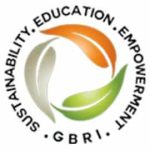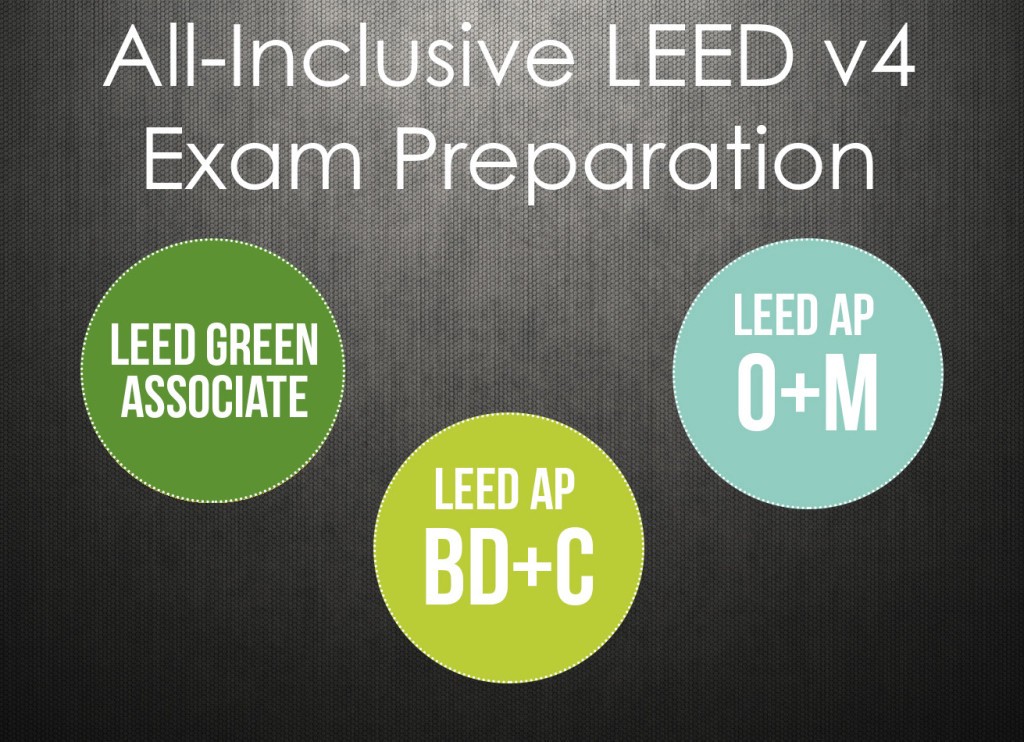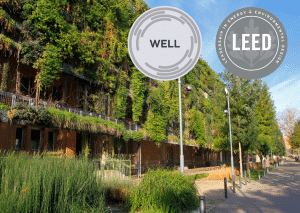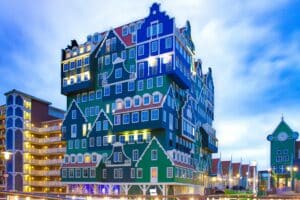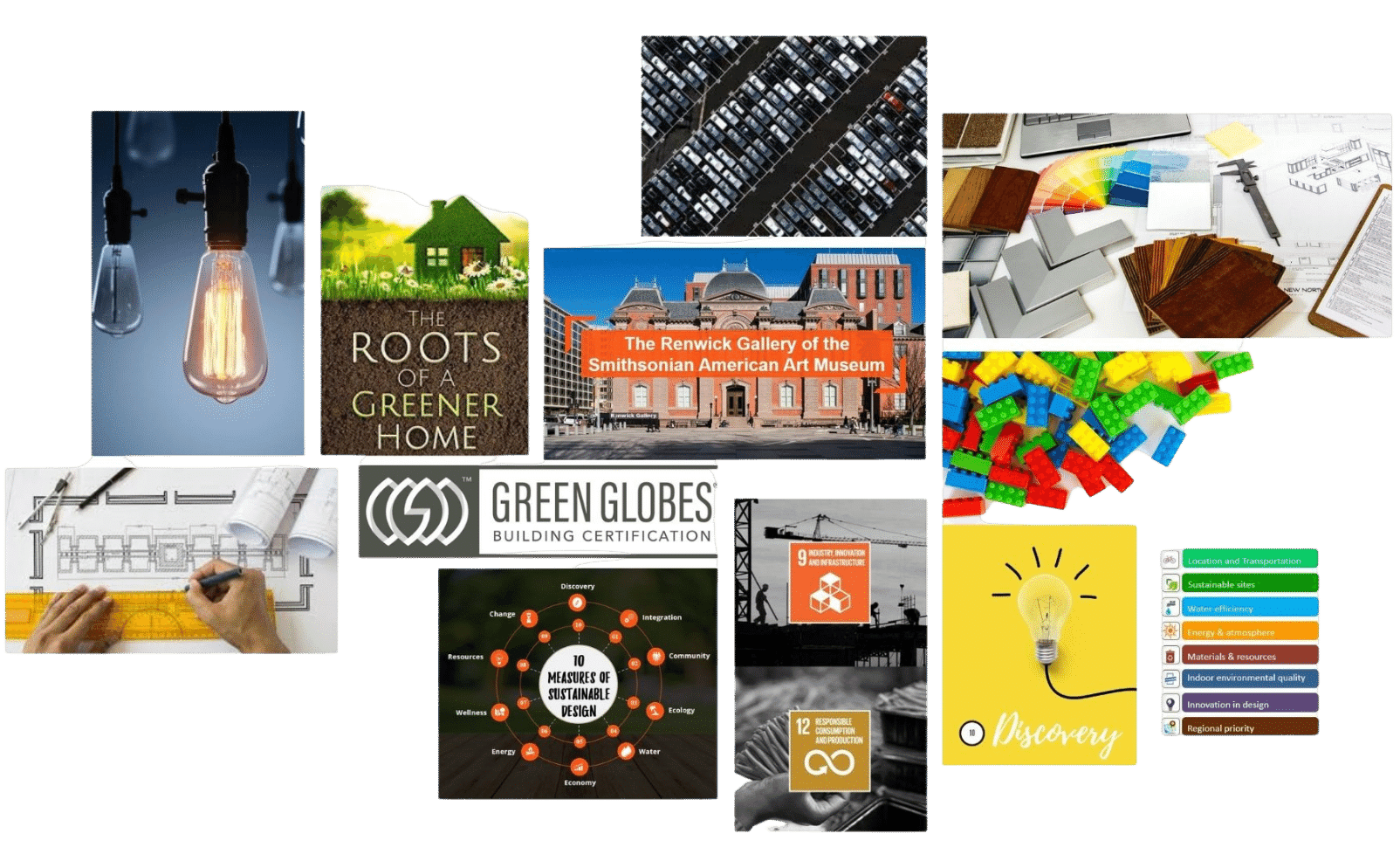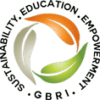Has your love for the environment prompted you to become a LEED Green Associate? If yes, we are beyond pleased to help you realize your goal!
In today’s time and age when climate change is bearing down upon us like a monster waiting to unleash unparalleled destruction, this world needs more people who are passionate about the environment and also about doing their bit to save it.
Now by opting to become a LEED professional, you have already taken a step in the right direction! Becoming a LEED Green Associate is the first step of becoming a LEED Accredited Professional.
The LEED Green Associate credential denotes documented, up-to-date understanding of the most current green building principles and practices. It is basically the most comprehensive and high level introduction to green building techniques, providing insights into a 100+ areas of green building.
And nowadays, with the concept of green building becoming increasingly popular with businesses and people at large, many real estate developers and construction houses require their employees to be a LEED Green Associate at a minimum.
What is LEED?
The acronym LEED stands for Leadership in Energy and Environmental Design, it is the most widely used green building rating system in the world. It has been developed by the US Green Building Council and provides third-party verification that a building meets all the essential criteria of green design.
LEED applies to both commercial as well as residential buildings.
Any professional interested in LEED green buildings usually studies the LEED standards in preparation for an accreditation exam. Upon passing the exam, the individual earns a LEED Green Associate credential or a LEED Accredited Professional credential (depending upon the type of exam undertaken) and is then said to be LEED accredited.
As we informed earlier, LEED Green Associate credential is a foundational credential, and for many, it is the first step before earning advanced credentials such as the LEED AP with specialty.
If you are involved with the building industry, there is no question that becoming a LEED accredited professional will enhance your career. From construction and design, to operations and facility management, LEED professionals are in great demand today.
LEED Green Associate Exam:
Okay so you have decided to finally take the LEED Green Associate exam! Now the first step would be to sign up for the exam.
It is important to note here that there are absolutely no prerequisites or eligibility requirements to take this exam. One just needs to have some exposure to LEED and green building concepts through education, volunteering, or work experience.
How to apply?
Just create an account on www.usgbc.org. If you already have a USGBC account, log in. Now after filling in the necessary information about yourself, navigate to ‘Credentials’ and ‘Register for Exam’.
If you are a USGBC member, the test would cost you $200. If not, you’ll be paying $250. However, if you are a student, you can take the LEED Green Associate exam for just $100.
This registration is valid for one year. In that year, you are allotted three registrations per exam section. After this year expires, you must wait 90 days before registering again. You may also request an extension of the one year registration period for extenuating circumstances.
Once you are done paying your exam fees, save the code generated. Now go to www.prometric.com and use this code to choose the date, time and place for the exam. The exam is available six days a week (Monday-Saturday, 8 a.m. to 8 p.m.) at any Prometric Testing Center.
If you are living in the US, you are sure to find the center nearby as there are usually several in each major city. If you’re in an area where there is no Prometric testing center, you can contact the USGBC for alternative testing methods.
How to study for the LEED Green Associate Exam?
The key to earning a LEED Green Associate credential is a thorough understanding of green building practices and LEED. You can now ace the LEED Green Associate Exam with GBRI’s best-in-class all inclusive exam prep.
With GBRI’s study materials, you can earn your LEED Green Associate credential in as little as 5 weeks. Based on your schedule, attend the 4 week instructor-led live exam prep sessions OR utilize self-paced online on-demand exam prep modules.
GBRI LEED Green Associate Exam Prep includes a study guide, 5 LEED Green Associate practice exams with 100 questions each simulated like the actual exam, flash cards, memory charts, section wise quiz questions and much more!
What’s more, we also offer student, military, group, small business and corporate discounts. Contact us at [email protected] for more information.
We, at GBRI, are so confident you will pass your LEED exam by following our recommended roadmap that we’re backing it up with a money back guarantee! Receive a full refund on your exam prep if you do not pass your exam.*
Let GBRI help you take your career to the next level with your satisfaction guaranteed!
*Some conditions do apply. Registrant must complete entire exam preparation package and recommended roadmap as well as successfully pass all mock exams prior to taking the LEED exam. Should all measures be taken as advised and the registrant not pass the exam, GBRI will refund charges for the exam preparation package purchased. Documentation of exam date and score are required.
Remember that the LEED Green Associate is a closed-book exam. You have two hours to take 100 multiple-choice questions. You may see a few pick two or pick three questions, but most are multiple choice questions. Questions pertain to LEED v4 and all the LEED v4 Rating Systems.
What is included in my GBRI LEED v4 Green Associate Exam Preparation Package?
GBRI’s LEED v4 Green Associate Exam Preparation Package includes:
Access to 5 LEED Green Associate practice tests with 500+ practice questions and answer explanations.
Each practice test has questions that represent all LEED knowledge domains just like the actual exam. Questions will appear randomly from various concepts and not in a particular order.
Once you have completed the mock exam, review each question and answer even if you selected the CORRECT answer choice to identify your gaps.
A score of 85% or higher is a good indicator of being well prepared. If your score is below 85%, identify your gaps and review the online modules (available for purchase) as applicable before retaking the practice exam.
A few tips to help you pass the LEED Green Associate Exam:
Listed below are a few tips that will guide you on how to pass the LEED Green Associate Exam–
Most of the questions involve applied and critical thinking, so it is extremely important to have a thorough understanding of concepts instead of just memorizing.
Read the exam paper carefully, and then read it again. Likewise, check and recheck all your answers. Use the ‘Mark’ button to flag questions you don’t feel sure about. Since you get 2 hours to complete 100 questions, you can always come back to the ‘marked’ questions after you’re done with the rest.
It is definitely advisable to take a look at the Green Associate handbook found on the GBCI website. The handbook will tell you important information about what is covered in the exam, as well as test taking policies. And then of course you have the GBRI to help you with the study materials.
You can never take enough practice tests. Take loads of them to ensure you have a fair idea of the actual test content.
It is very important to memorize all numbers related to Minimum Program Requirements (MPRs).
You should have in-depth knowledge of the four ASHRAE standards used in LEED- ASHRAE 90.1 – Energy
ASHRAE 55 – Thermal Comfort
ASHRAE 52.2 – Air Filters
ASHRAE 62.1 – Ventilation
When you feel there is more than one right answer to a particular multiple choice question, go with the ‘best’ answer. For example, implementing a concept that reduces carbon emissions will be a better answer than one that promotes the local economy or saves water.
Before you start the two-hour exam, you get ten minutes to familiarize yourself with the testing controls along with a scrap paper and a pen. Take those precious ten minutes to recall all the concepts/numbers you’ve memorized. Jot down the ones you are worried about getting confused on during your exam.
Please note that the USGBC has a pool of 1000+ questions out of which they frame their 100-question exams, so no two exams will look the same. The USGBC does not share its database of questions with anyone. You are required to score 170 out of 200 points in order to pass the LEED Green Associate Exam and will receive the results at the test center immediately following the test.
After passing the LEED Green Associate exam, what next?
Once you’ve gained the LEED Green associate credential, you might want to take your LEED credential to the next level. In order to realize this goal, you would need to take the LEED AP exam.
It should be noted that a candidate can take both these exams back to back in one day. However, most people will study for one at a time because the knowledge base is extensive for a LEED AP.
A LEED Accredited Professional (AP) credential signifies an advanced depth of knowledge of green building practices and by extension, an even greater commitment towards sustainable building. Earning a LEED AP credential requires specializing in a specific field. The specialization of LEED designation resembles the specialization of graduate school. To gain higher levels of mastery in a subject, one must specialize. You can specialize in each of the different rating systems of LEED that are listed below –
- LEED AP Building Design + Construction – This rating system includes guidelines for new buildings and old buildings undergoing major renovations.
- LEED AP Operations + Maintenance – This category can be used by building owners and operators to measure operations and maintenance as well as make minor improvements.
- LEED AP Interior Design + Construction – This rating system was designed specifically for tenants leasing a portion of a larger building.
- LEED AP Neighborhood Development – This category integrates the principles of smart growth, urbanism, and green building into the first national program for neighborhood design.
- LEED AP Homes – This was specifically designed for single and multi-family residential structures that are three stories or less.
It is important to note here that LEED credentials are valid for two-year periods. LEED Green Associate credential holders must acquire 15 hours of continuing education every 2 years to maintain their credential. LEED APs with specialty must acquire 30 hours of continuing education every 2 years to maintain their credential. In addition to continuing education hours, individuals must also pay a biennial renewal fee to the USGBC.
